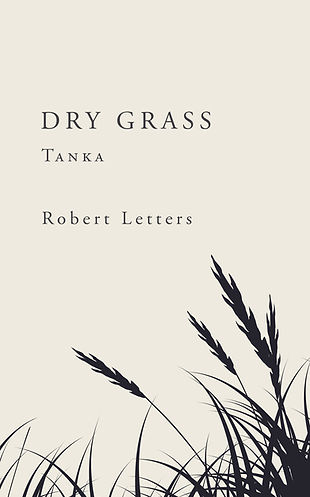
Newest Release:
Between Will And Abandonment
Author: Robert Letters
Publication Date: October 9, 2024
Unlock a Spiritual Practice That Is Truly Your Own
Do you feel spiritual but not religious — seeking a path free from dogma and institutional constraints? Between Will and Abandonment guides you into that freedom.
In this accessible guide, author Robert Letters brings together traditional wisdom and modern insight to help you develop an independent spiritual practice rooted in daily life. You will learn to:
-
Channel your will with clarity and purpose, aligning your actions with what matters most.
-
Embrace abandonment, surrendering the need for constant control and opening to the Mystery at work in the present moment.
-
Live spiritually in everyday actions, transforming work, relationships, and simple presence into a profound practice.
-
Define your own ethical compass, deriving principles that reflect your deepest values—not someone else’s agenda.
Drawing from Eastern and Western religious texts alike, this book offers the building blocks for seekers who want spiritual growth without religious affiliation. Whether you are exploring spirituality for the first time or are already on the path of self-directed inquiry, this book meets you where you are.

Featured Book:
Come and Live: Selected Work of Elsie Fitzsimons Hale
Author: Elsie Fitzsimons Hale
Editor: Elizabeth Hale
Publication Date: May 1, 2021
Elsie Fitzsimons Hale’s work was inspired by fundamental things: her love of nature and the outdoors, her spiritual faith, and her devotion to marriage and family. Built on the foundation of these themes, poetry became a way of life for her – a means to express her joy of living and her faith in God. Her poems give us a record of a mystical practice of daily spiritual celebration.
The vision of life that is reflected in her poems is especially useful and necessary at this moment. It speaks of positivity, faith, and gratitude rather than grievance and anger. It celebrates the good, the natural, the simple things. Most of all, it reminds us of the virtue of courage in the face of the misfortunes and tragedies that befall us.

Newest Poetry Release:
Dry Grass
Author: Robert Letters
Publication Date: June 18, 2024
Tanka, the 31 syllable (or Japanese on) poetic form is well suited for a wide range of concise, emotional expressions in English.
we were lying
on the bank
in dry grass
the summer night
hiding us
This collection contains tanka selected from Robert Letters’ previous collections, as well as new, previously unpublished poems. The poems explore passion, memory, and mystery in an extended meditation on a long, evolving relationship.
do you remember
the dry grass
against our skin
in the field behind the house
after they all fell asleep

